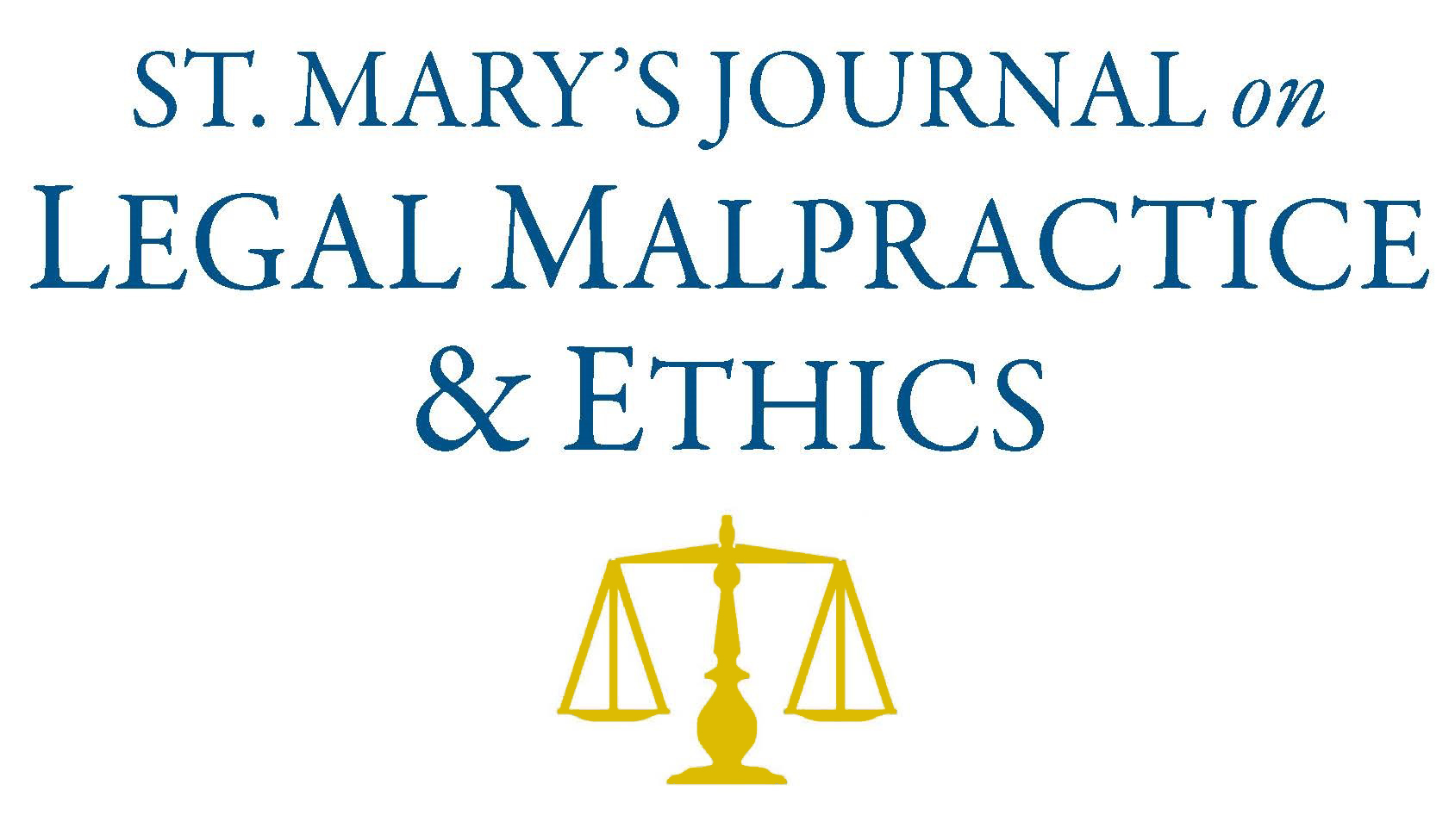
First Page
298
Date Created
8-2019
Publisher
St. Mary's University School of Law
Editor
Katherine Zampas
Last Page
340
Abstract
At various levels of government, the conduct of public officials is often regulated by ethical standards laid down by legislative enactments, such as federal or state statutes or municipal ordinances. These rules of government ethics are important landmarks in the field of law that defines the legal and ethical obligations of public officials. Such provisions can form the basis for the kinds of government ethics training that helps to minimize wrongful conduct by public servants and reduces the risk that the performance of official duties will be clouded by appearances of impropriety. Codified government ethics rules also frequently provide mechanisms for the investigation of charges of misconduct, and for the enforcement of ethical standards through criminal penalties and other sanctions. However, codified government ethics rules vary widely in quality and scope. Such provisions are often incomplete, poorly drafted, and weakened by legislative compromises made during the adoption process.
This article argues that, notwithstanding the proliferation and usefulness of government ethics codes, common law fiduciary-duty principles continue to play an important role in shaping the law of government ethics. Regardless of whether specific rules of government ethics have been adopted, public officials have a broad fiduciary duty to carry out their responsibilities in a manner that is faithful to the public trust that has been reposed in them. The duties of public officials may extend beyond minimal compliance with codified ethics rules. Even if no ethics code has been adopted, or if no code provision is on point, public officials must act in a manner that comports with their common law fiduciary‑duty obligations. Government ethics laws, criminal provisions, and other legislative enactments should be interpreted and applied in light of the demanding loyalty obligations that are imposed on public officials as fiduciaries.
Recommended Citation
Vincent R. Johnson,
The Fiduciary Obligations of Public Officials,
9
St. Mary's J. on Legal Malpractice & Ethics
298
(2019).
Available at:
https://commons.stmarytx.edu/lmej/vol9/iss2/4
Included in
American Politics Commons, Law and Society Commons, Legal Ethics and Professional Responsibility Commons, Legal Profession Commons, Legal Remedies Commons, Models and Methods Commons, Other Political Science Commons, Other Public Affairs, Public Policy and Public Administration Commons, President/Executive Department Commons, Public Administration Commons, Public Law and Legal Theory Commons, State and Local Government Law Commons

